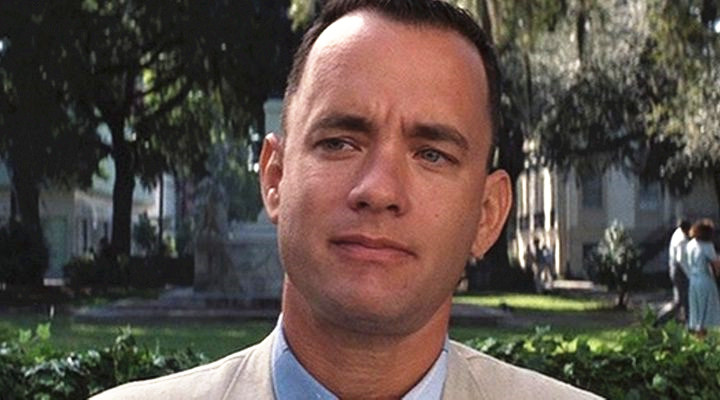
With another Oscars season passed, and another set of winners names, there undoubtedly will now be the year long discussion wherein everyone voices their agreement or disagreements with the choices. Sometimes these choices seem all too obvious, and sometimes there is vehement disagreement, but most of the time many people can see what the Academy saw in the choices that won.
This list is for those films that didn’t deserve to win Best Picture. This does not necessarily mean they are bad films, or even bad contenders. In retrospect, though, many of these films were inferior to the quality of others and seemed to be chosen out of social interest, spectacle, or other unknown reasons.
1. Crash (Haggis, 2004)
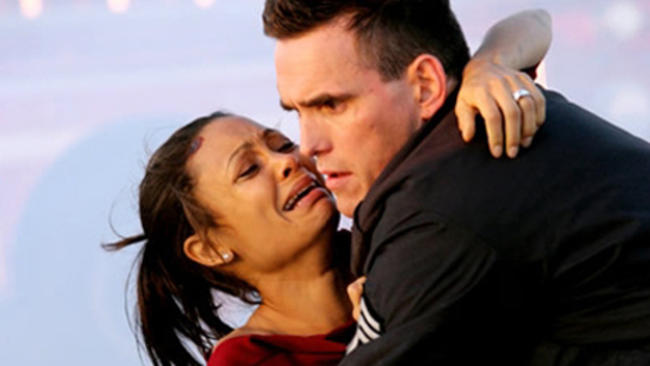
“Crash” has been almost universally panned as the quintessential example of a Best Picture winner that didn’t deserve the award. Even Paul Haggis, in a recent interview, admitted that he wouldn’t have voted for “Crash.” This isn’t necessarily because “Crash” is a bad film – it’s a decent one, certainly, with an important focus on race relations and interpersonal relationships.
However, with that said, “Crash” was not the best film in the lot. Compared to an incredible historical drama – “Good Night and Good Luck”, an explosive drama about the aftermath of Black September – “Munich” – and an incredibly engrossing look at relationships and love – “Brokeback Mountain” – “Crash” really didn’t stand a chance.
“Crash” had plenty of good moments – the scene where Officer Ryan pulls Christine out of her overturned car, for instance – but it ultimately fails to feel cohesive in its entirety. Fleeting moments of brilliance do not make a brilliant film. Especially in comparison to its competition, the film’s story is nowhere near as engrossing or emotionally satisfying to compete for the title of Best Picture.
Moreover, “Crash” even being nominated for the award is odd, as there were plenty of other films in 2005 that were far better. Joe Wright’s “Pride & Prejudice,” for instance, was a far superior film in every way.
The real distinction, though, is that “Brokeback Mountain” provokes a better discussion about human relationships, love, and societal expectations (though it’s less certainly diverse than “Crash”)
It’s also interesting, given the Oscars’ obsession with biopics and historical epics that “Crash” beat “Munich” and “Good Night and Good Luck,” not even taking into account “Brokeback Mountain.”
All in all, though, most people agree that “Crash” didn’t deserve the award, and there are plenty of good reasons why.
What Should Have Won:
Brokeback Mountain
2. How Green Was My Valley (Ford, 1941)
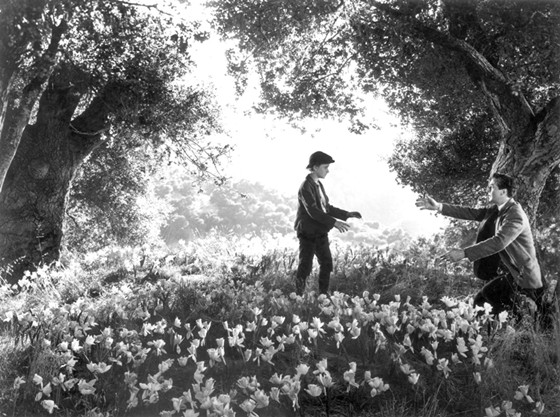
This is another example of a film that isn’t “bad” in the general sense of the term. John Ford’s “How Green Was My Valley” is well made, with great direction and excellent dialogue.
To say, though, that “How Green Was My Valley” was better than “Citizen Kane” which – whether one likes it or not – forever changed cinematography, sound design, narrative structure, and lighting is frankly silly. This doesn’t even take into account the widespread belief by many critics that “Citizen Kane” is the best film of all time. While that’s a disputable opinion, there is plenty to love and admire from “Citizen Kane.”
Ford’s film doesn’t even come in second place, as John Huston’s “The Maltese Falcon” far outshines the former film with brilliant pacing, excellent writing, beautiful lighting, and incredible sound design.
There could even be an argument that “How Green Was My Valley” didn’t even deserve third place, considering Hitchcock’s excellent thriller “Suspicion” which has far superior lighting, acting, and sound design.
The point is pretty simple for this one: “How Green Was My Valley” is a fine film – maybe even great – but it’s hard to compete with the best film of all time, the best noir film of all time, and one of Hitchcock’s most underrated thrillers.
What Should Have Won:
Citizen Kane
3. West Side Story (Robbins & Wise, 1961)
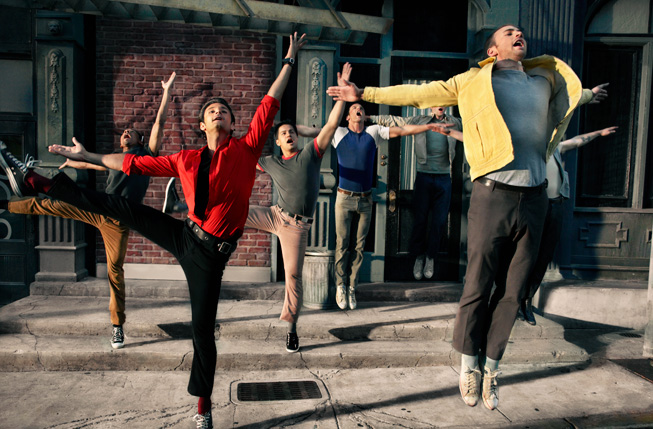
“West Side Story” is an excellent adaptation – albeit somewhat of a loose one – of Shakespeare’s “Romeo and Juliet” with great musical numbers, an exceptional cast, and great set design. Why, then, did it not deserve the award?
Well, simply put, because “Judgement At Nuremberg” is a colossal film that was better made, emotionally arresting, and historically important. Kramer’s film was darker, harder to watch, and more complex, which likely enhanced “West Side Story’s” charm. It was a fun film with a palatable narrative and some great spectacle. Technically, “West Side Story” is a better film. The cinematography was excellent, the use of color was great, and the sound design was stellar.
However, when judging the title of Best Picture, one has to take into account everything that encompasses filmmaking. This includes technical proficiency, but is not limited to it. In this respect, “Judgment at Nuremberg” is a far better film in every way “West Side Story” is a good film. This is to say that the former explores its narrative with more passion, force, and boldness than the latter.
“West Side Story” is a fun film, and many have said that it’s deserving of its win because it captured the essence of film. Bosley Crowther, a writer for the New York Times who reviewed the film, said: “What they have done with West Side Story in knocking it down and moving it from stage to screen is to reconstruct its fine material into nothing short of a masterpiece.”
And still, “Judgment at Nuremberg” manages to outshine this excellent musical because of its focus on philosophical discussion. It questions moral, political, and religious ideologies in the context of World War II, and it while it may not be as easy or fun to watch as “West Side Story” it certainly provides a more stimulating premise with far more depth, passion, and bravery.
What Should Have Won:
Judgment at Nuremberg
4. My Fair Lady (Cukor, 1964)
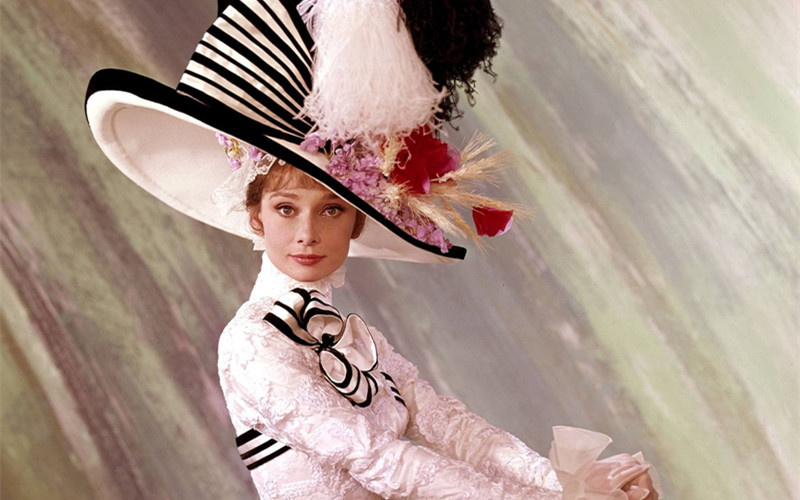
This choice seems rather self-explanatory. “My Fair Lady” was a good film with great performances from Audrey Hepburn and Rex Harrison. It explored interesting themes, was family friendly, and ultimately a crowd pleaser. Granted, it had the benefit of being an adaptation of a play that garnered enormous praise eight years earlier.
However, when stacked up against one of the smartest satires in cinematic history, “My Fair Lady” loses. “Dr. Strangelove” was not only an important look at war – both the frivolities and dangers of it – but also an excellent comedy in its own way. Modern satires, both in film and television, often attempt to replicate “Dr. Strangelove” and its mad genius. “The Brink” – a TV show recently canceled from HBO – is a perfect example of this.
Moreover, “Dr. Strangelove” is still heralded as one of Kubrick’s masterpieces – some consider it his “official” masterpiece – and is still held in high regard, both as an example of fine cinema and as a piece of entertainment. “My Fair Lady” may be a great film, and it may be entertaining, but it holds nowhere near the same universal acclaim, both socially and critically, and it is nowhere near a staple of cinematic history as Kubrick’s film is.
What Should Have Won:
Dr. Strangelove
5. Shakespeare in Love (Madden, 1998)
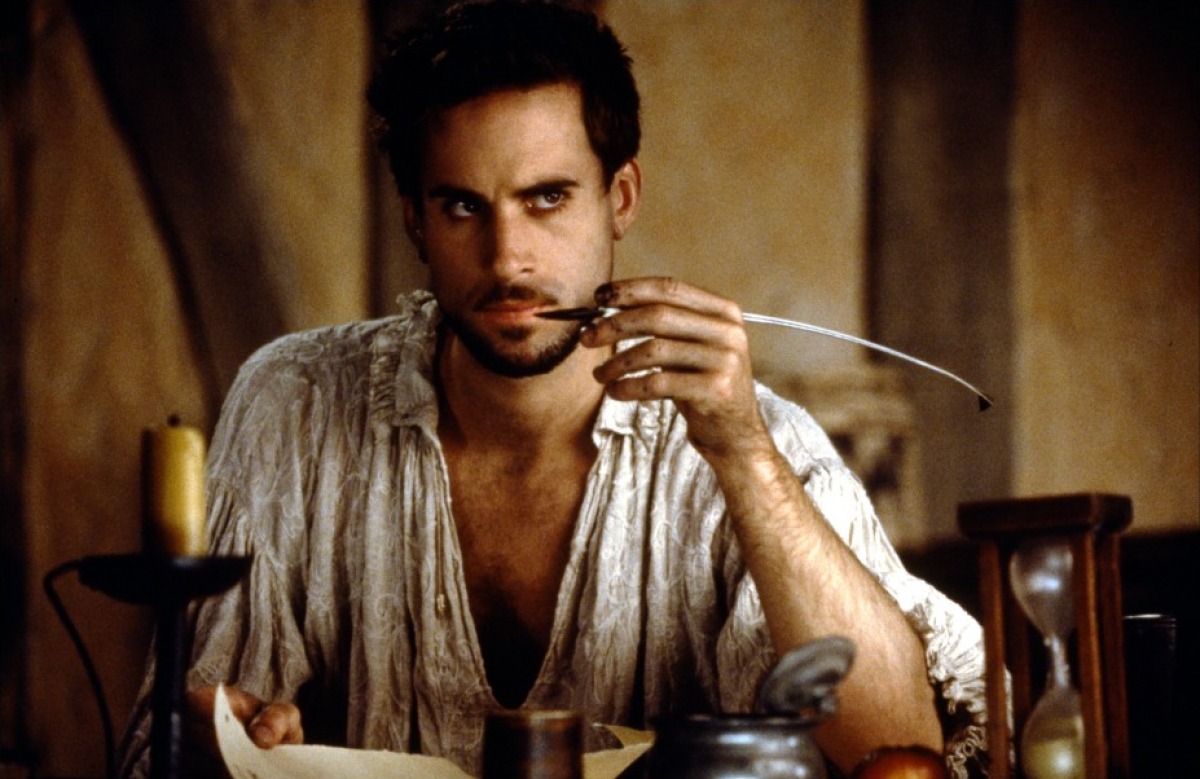
The 1999 Oscars could be thought of as the year of World War II. With three films that all excellently, in one way or another, presented and explored the atrocities of the war, it seemed to be a relatively safe bet that Spielberg, Malick, or Benigni’s film would win the Best Picture award. And yet, to everyone’s surprise, the comedy “Shakespeare In Love” took home the grand prize.
It’s easy to see why “Shakespeare in Love” didn’t deserve the honor: when put up against the likes of one of Spielberg’s best films, the film many argue is better than it – The Thin Red Line – and Benigni’s film about the human spirit in the face of incredible evil, Madden’s film really was an underdog in every sense of the term for very good reason. “Shakespeare in Love” was funny and praised by many critics, but it did not have anywhere near the social appeal any of the three aforementioned films did.
The argument for “Life Is Beautiful” over the other nominees lies in its message. In comparison to the two gritty films about soldiers in war, “Life Is Beautiful” presented an oddly optimistic view of life, of humanity’s ability to rise above horror and tribulation, and of the soft light in one of humanity’s darkest times.
While there is certainly no argument that either “Saving Private Ryan” or “The Thin Red Line” are underserving of the award, there is an argument that “Life Is Beautiful” is a far more bold and complex film, and therefore deserving of the top honor.
What Should Have Won:
Life is Beautiful